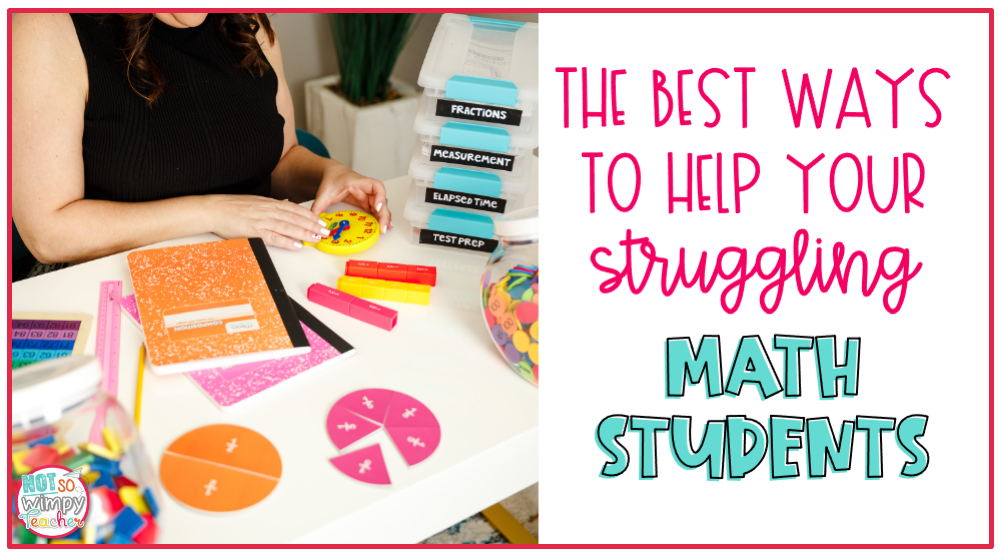
One of the most common concerns that kept popping up in my Facebook groups this year was how to help struggling math students. I am here to tell you that math workshop is the solution.
You know that many students are now below grade level. Many have not mastered the same math skills that typical classes knew just a couple of years ago. Lots of kids have fundamental gaps in math knowledge due to COVID.
First, let me say that this is normal. All kids are in the same boat. So there’s no need to despair.
Rather, than worry about what they don’t know, we just have to adjust our teaching to help bridge those gaps. When we start by meeting kids where they are today we set them up for success. And one of the best ways to do that is with math workshop.
Prefer to watch rather than read? Check out our video about helping struggling math students:
Continue reading for more tips.
Differentiate in small group instruction
You may think your students are too low to run a successful math workshop. But that’s not true at all. Math workshop is actually the best way to boost skills in struggling math students.
What your struggling students really need is differentiated instruction. Instruction on a just-right level.
Small group instruction is the key to differentiating learning. When you meet with small groups regularly, you can individualize your instruction to meet the needs of the group. This makes it easy to ensure that each child is getting instruction on the appropriate level.
You can move more slowly in a small group. Give more examples. Focus on simple problems. And in a small group setting it is easy to see what your students understand and where they are getting confused. This allows you to customize your instruction even more and to correct misconceptions before they become ingrained. This is the simplest way to help to help struggling math students.
Our math curriculum includes specific intervention activities to make small groups easier.
Shop This Post
Use manipulatives in small groups
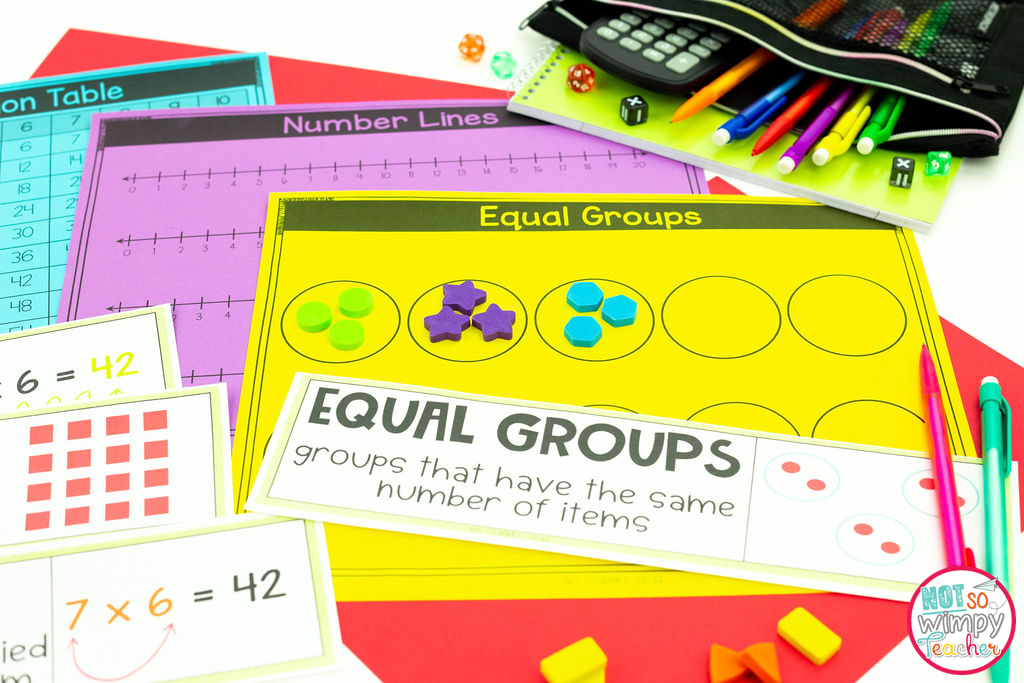
Small groups are a great place to introduce manipulatives. You can model how to solve a problem with manipulatives and students can easily follow along. They won’t be distracted by other classmates or poor sightlines. It is easier to keep kids focused in a small group.
You can also easily observe how students are using the manipulatives. This allows you to identify mistakes and offer redirection or intervention before a child can get too far off track. They will appreciate this individualized approach to learning.
Small groups are an extension of the whole group lesson
Small groups also give kids the opportunity to ask questions and voice concerns. Many kids are more comfortable asking questions in a small group, rather than in a whole class setting.
You don’t need a separate lesson plan for your small groups. Rather, you can continue your whole group lesson. With struggling students, you will want to provide lots of examples and do several sample problems together. Break things down into their simplest steps.
Encourage students to build math problems with manipulatives. Then teach them how to draw a picture model. Only after they are comfortable with those two steps should you introduce abstract mathematical equations.
You might never get through the entire problem set, and that’s okay. Take your time and focus on the simple problems first. There’s no point in rushing kids through to more challenging work until they understand the basics.
Read more about how to use small groups for differentiation.
Use centers for review
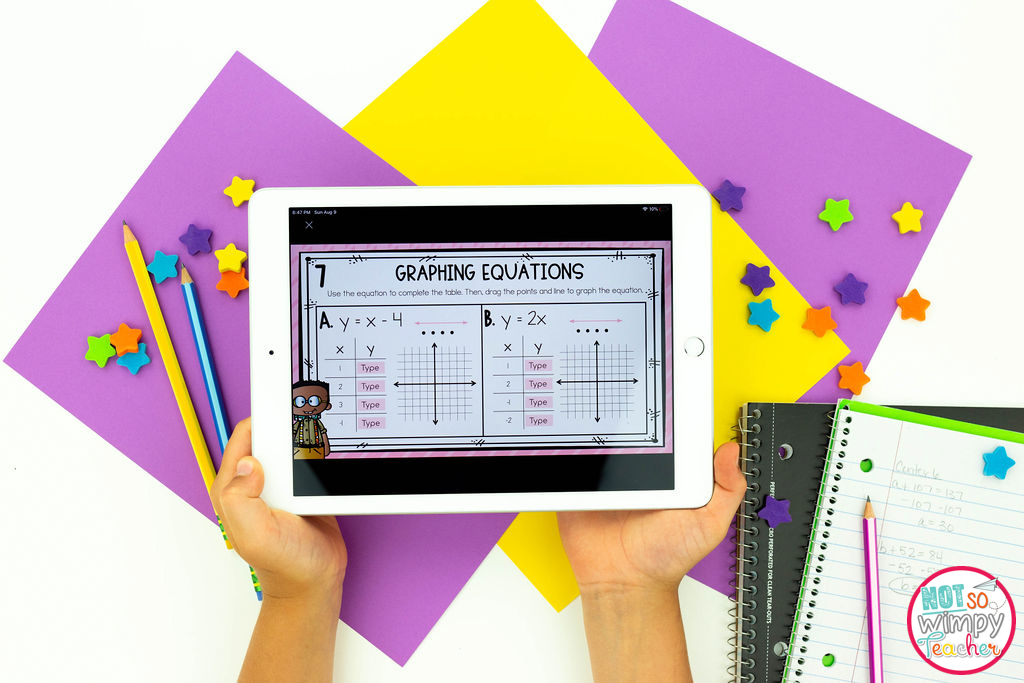
Another part of math workshop that helps struggling students are math centers. I typically recommend three centers in addition to the teacher table: technology, independent work, and math fact practice. Each one has excellent activities to help struggling students.
Differentiate with technology
You can use technology to help differentiate math problems. Programs like iXL and Moby Max will automatically adapt to meet your students’ learning needs. If they struggle with a problem, the program will slow down and provide additional problems for them to work through.
Students can move through the programs at their own level. Learning is truly individualized. And students love playing these “games” on their devices.
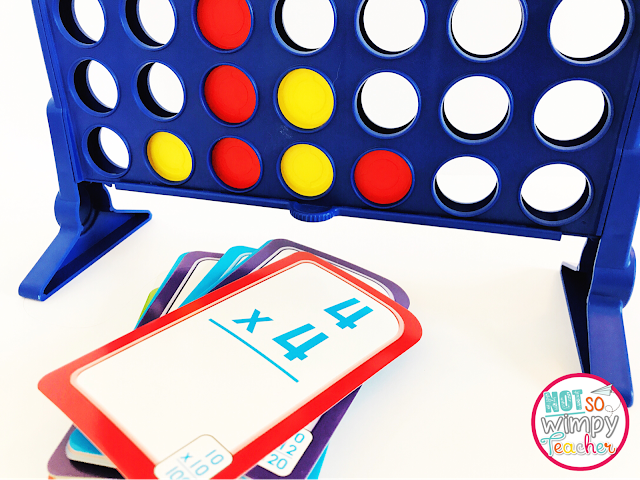
Practice math facts
All students need a solid foundation of math facts. Knowing basic facts is a prerequisite to understanding more complex mathematics. And being competent in math facts can help students become more confident at math overall. It also frees them up to devote their attention to solving complex problems, rather than basic operations. And there is no substitute for practice when it comes to mastering math facts.
Have your students practice math facts in one of the centers. They can use technology, flash cards, or play games. When struggling students master their math facts, they will become more confident in math overall.
Math Fact Games
I’ve even created 2 different FREE Math Fact Games you can use to practice. These games, perfect for grades 2-5, make practicing math fun!
You’ll get:
- 16 easy to implement math fact games
- Addition, subtraction, multiplication, and division
- Differentiated options – 2 versions for each operation
- Color and black and white versions
- Teacher directions
Spiral review in independent centers
Independent centers are a great place to review previously taught skills. When kids are focusing on math concepts they already know, they are more able to work independently. And less likely to interrupt your teaching.
Plus, this spiral review gives them essential extra practice of important math skills. Skills they will build upon in future lessons and ones they are sure to see on standardized tests. This intentional review helps struggling math students master essential math skills.
Shop This Post
Math Masterclass – Online Professional Development

If you want more tips to help all your students fall in love with math and to make your math class awesome, you need to check out the Not So Wimpy Math Masterclass. I’ve created an online professional development course for teachers in grades 2-5 to help transform your math block from average to awesome!
In this course I will show you how to manage a fun, engaging, chaos-free math workshop so you can create a classroom full of confident students who LOVE math!
When you adopt this approach to teaching math:
- Planning, prepping, and teaching lessons will be simple
- All your students will experience growth and develop confidence
- You’ll have multiple daily opportunities to easily differentiate lessons
- Low students will get more attention and support
- High students will be stretched and challenged
- Students will develop deep mathematical understanding
- Behavior problems will be reduced
This tried and tested process for teaching math works with any curriculum!
The Not So Wimpy Math Masterclass is my math-a-magical solution to an easy and effective math workshop.
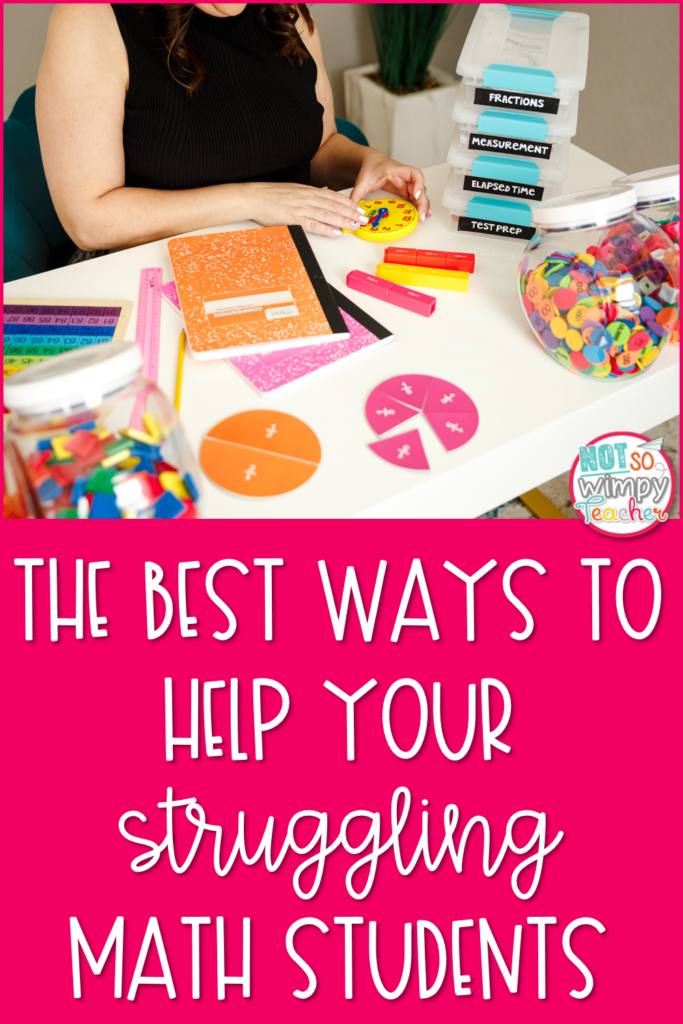
Have a Not So Wimpy Day,


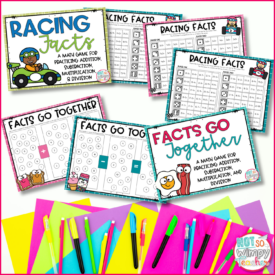
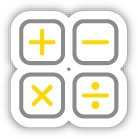
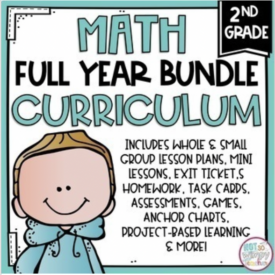
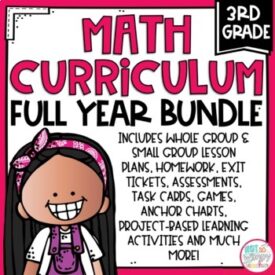
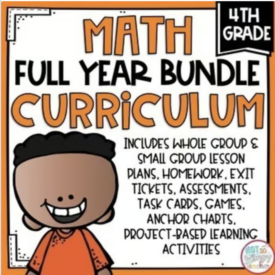
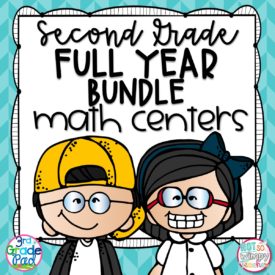
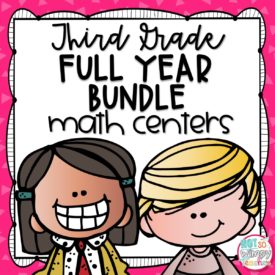
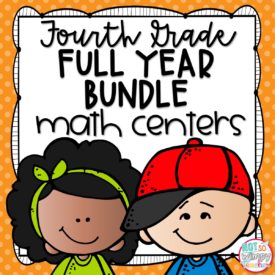
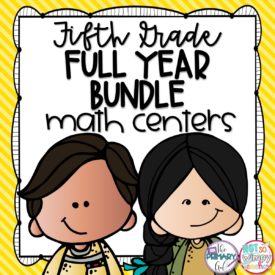
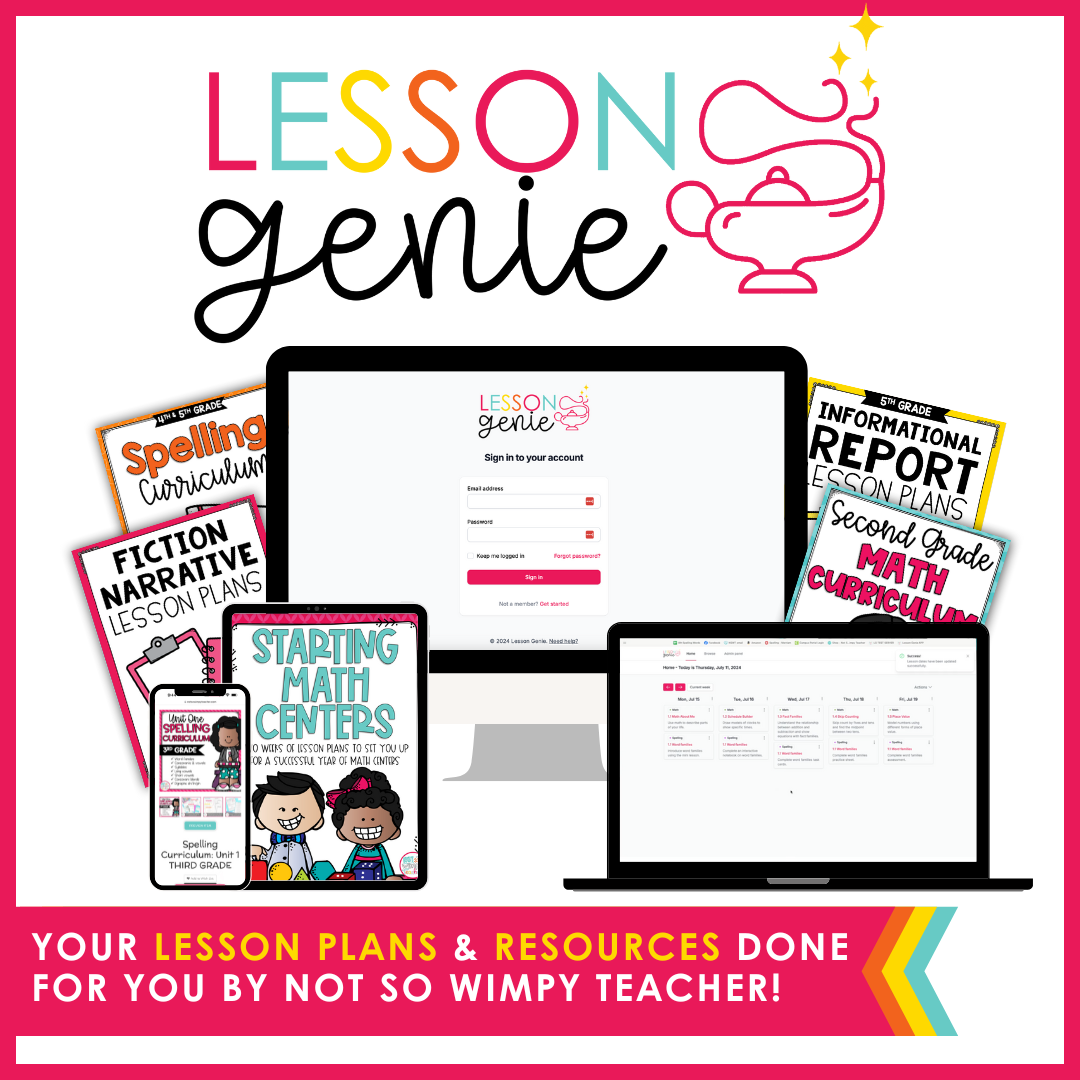
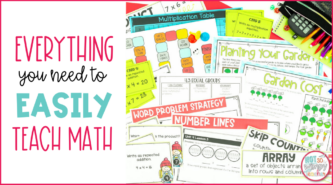
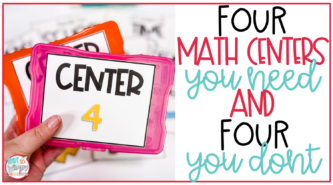

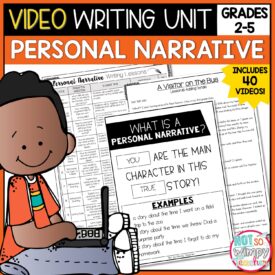
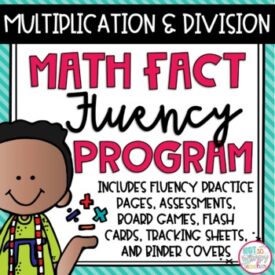
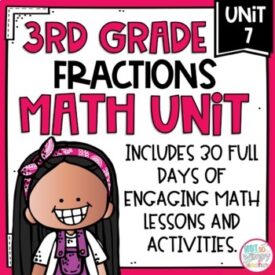
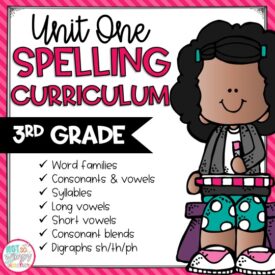







Lovely, amazing… things are explained .
Thank you so much for sharing and helping us to update our knowledge…
Absolutely useful resources!
You’re welcome, Reshma!
Teaching is my second career and I am now in year 2 of teaching third grade. This past summer I was lucky to stumble on a free Not So Wimpy Teacher video on TPT to help teach writing. After that video, I immediately enrolled in the Writing Masterclass and then the Math Masterclass, which I followed with the month of teacher trainings. Needless to say, I spent a lot of what I made teaching summer school on bundles for everything but am so happy that I did. One month into the school year and my class is doing amazing, high math scores and loving writing. I only wish I could teach on your suggested calendar. Unfortunately, my school follows a different schedule but I just search the “Unit At a Glance” sheet to find the lessons that I need.
Thank you for the great resources!!
Thank you for sharing your experience, Karin! We are so happy that our resources and training have helped you make a positive impact on your students.